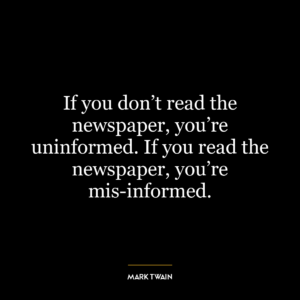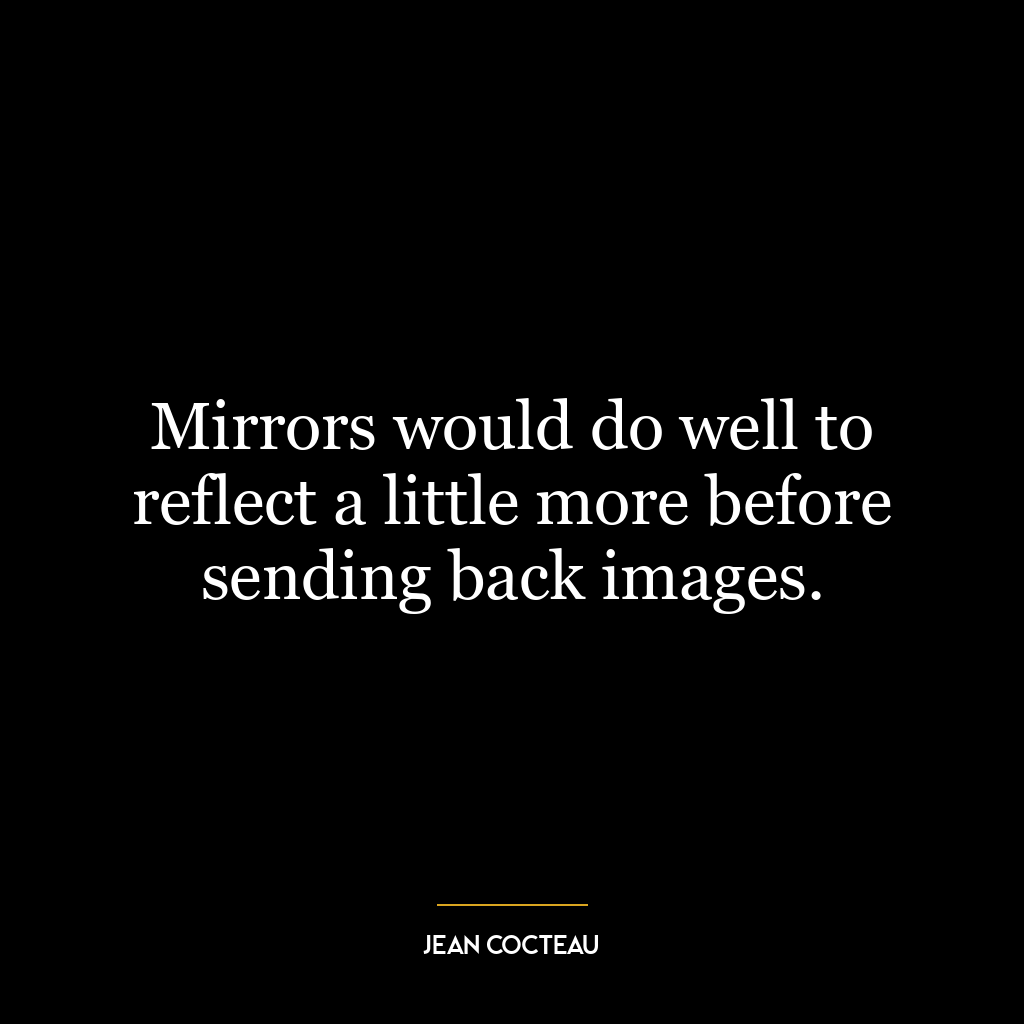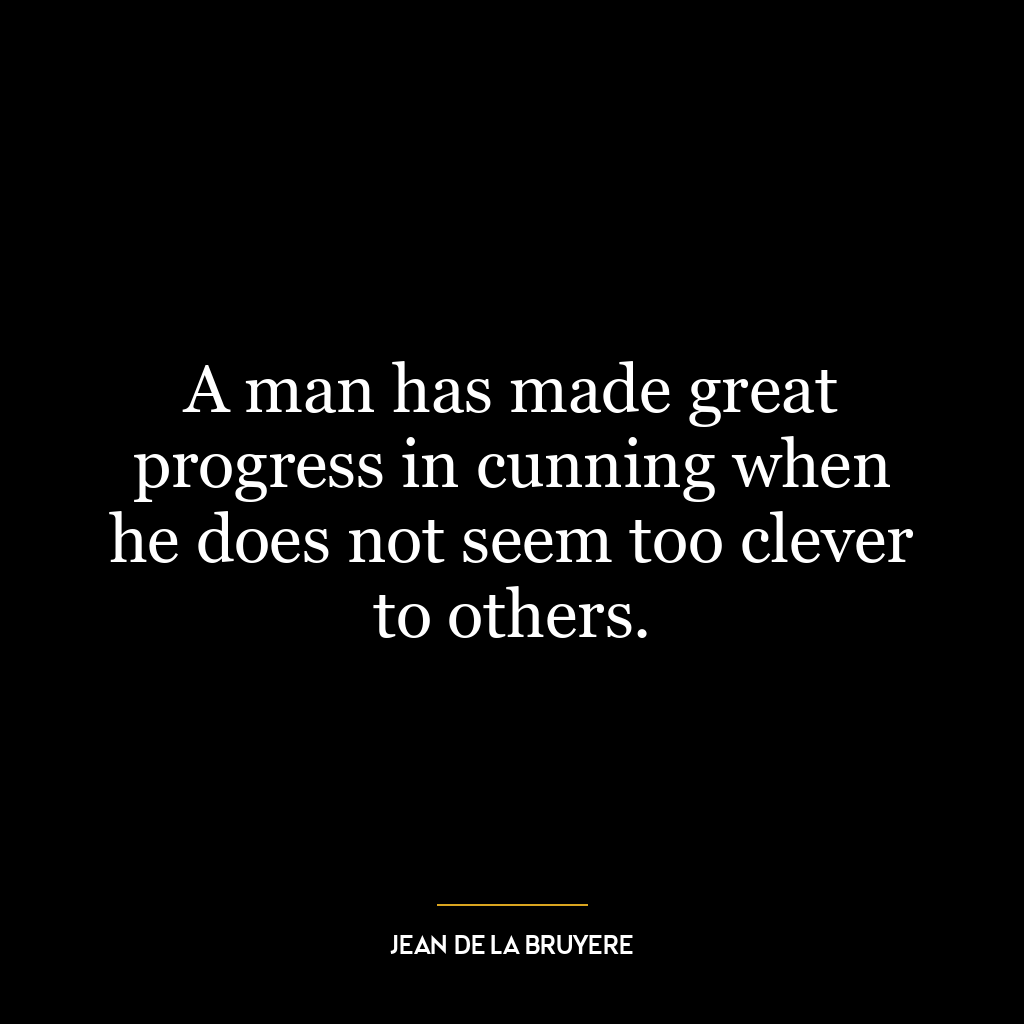When a person cannot deceive himself the chances are against his being able to deceive other people.
This quote essentially suggests that self-deception is the first step towards deceiving others. If one is unable to convince themselves of a lie or a half-truth, it is unlikely they will be able to convincingly lie to others. This is because the act of lying involves a certain level of conviction and belief in the lie itself. If you can’t fool yourself, you can’t fool others because your lack of belief will show through in your words, actions, and demeanor.
In a deeper sense, it also speaks to the idea of self-awareness and authenticity. When a person is honest with themselves, understands their own flaws and limitations, they are less likely to project false images to others. This authenticity can create a level of trust and reliability with others.
Applying this idea to today’s world, particularly in the realm of social media, we often see individuals projecting an image of their lives that may not be entirely truthful. The quote could be a reminder that these attempts at deception are ultimately unfulfilling and potentially transparent to others. If one can’t truly believe the false image they’re projecting, it’s unlikely others will.
In terms of personal development, this quote emphasizes the importance of self-honesty. Before we can grow and improve, we must first be able to honestly assess our current state, acknowledging both our strengths and weaknesses. Only then can we make meaningful changes and progress. Self-deception, on the other hand, can lead to stagnation and a lack of genuine personal growth.









